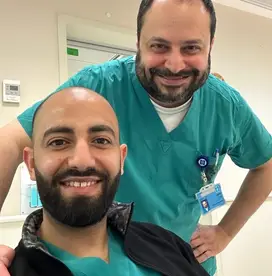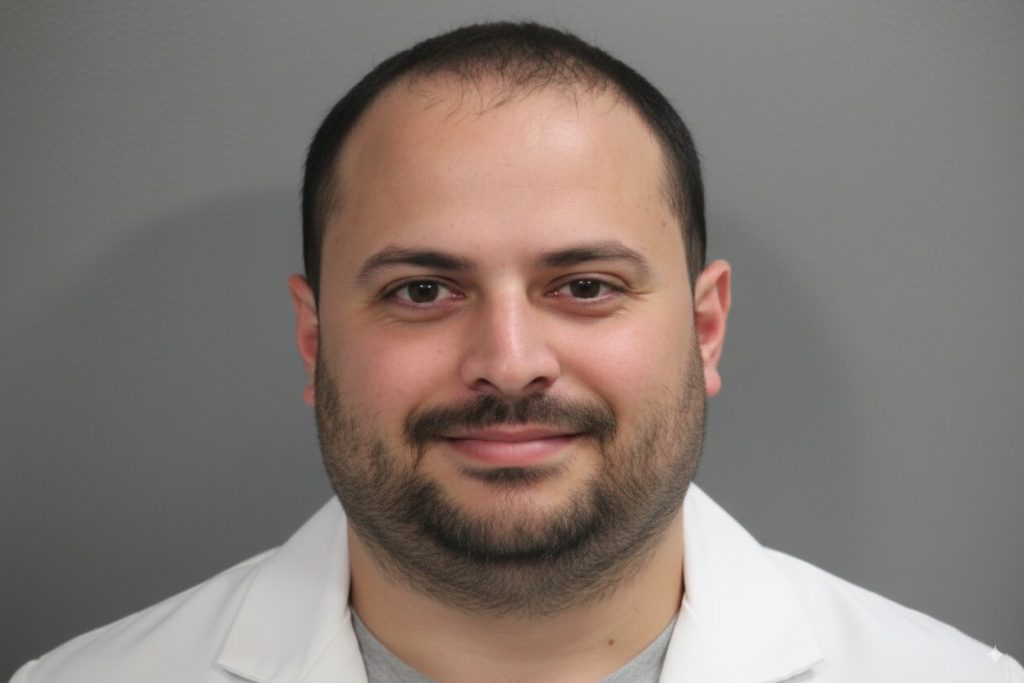In the complex tapestry of global healthcare, family medicine emerges as a critical thread that weaves together compassion, expertise, and adaptability. Far beyond the sterile walls of a typical clinic, family physicians who practice internationally represent the true essence of medical heroism—professionals who bring healing and hope to communities facing extraordinary challenges.
Doctor Images




The Global Healthcare Landscape
Family medicine is not merely a medical specialty; it is a holistic approach to healthcare that transcends geographical boundaries and cultural differences. In an increasingly interconnected world, these physicians become bridges between medical science and human experience, navigating intricate landscapes of health and survival.
Adaptability: The Core Competence
International medical practice demands more than technical skills. It requires an extraordinary capacity to adapt—to different healthcare systems, limited resources, diverse cultural contexts, and unpredictable environmental conditions. Family physicians working globally must be part doctor, part problem solver, and part cultural interpreter.
Challenges in Resource-Limited Settings
Consider a remote village with minimal medical infrastructure. A family physician here isn’t just treating individual patients but addressing entire community health ecosystems. They might:
- Diagnose and treat acute conditions
- Implement preventive health strategies
- Train local community health workers
- Address systemic health challenges
- Manage limited medical supplies creatively
These professionals transform constraints into opportunities, demonstrating that quality healthcare is possible even in the most challenging environments.
Cultural Competence and Communication
Effective international medical practice hinges on more than medical knowledge—it requires deep cultural understanding. A family physician must:
- Listen actively and empathetically
- Respect local traditions and beliefs
- Communicate clearly across language barriers
- Build trust within communities
- Understand local health perceptions and practices
This approach transforms medical encounters from transactional interactions into meaningful human connections.
Learning from Local Wisdom
Indigenous medical knowledge, often overlooked by Western medical paradigms, offers profound insights. Traditional healing practices, passed through generations, frequently contain valuable health wisdom. Successful international family physicians integrate scientific medical knowledge with local health traditions, creating more holistic and effective healthcare approaches.
Psychological Dimensions of Global Healthcare
Working in challenging environments isn’t just physically demanding—it’s psychologically complex. Family physicians must manage:
- Personal stress and potential trauma exposure
- Emotional resilience in difficult circumstances
- Compassion fatigue
- Cross-cultural psychological dynamics
- Personal and professional boundary management
Mental strength becomes as crucial as medical expertise. These professionals develop exceptional emotional intelligence and psychological adaptability.
Ethical Considerations
International medical practice raises profound ethical questions. How does one provide equitable care with limited resources? How can medical interventions respect local autonomy while introducing potentially life-saving practices?
Family physicians must continuously navigate these nuanced ethical terrains, balancing universal medical principles with respect for local contexts.
Technology and Innovation
Modern international family medicine increasingly leverages technology to overcome geographical and resource limitations. Telemedicine, mobile health applications, and remote diagnostic tools are transforming healthcare delivery in remote and underserved regions.
Case Study: Pandemic Response
The COVID-19 pandemic dramatically highlighted the importance of adaptive, community-centered medical approaches. Family physicians worldwide demonstrated remarkable flexibility, rapidly implementing:
- Community education programs
- Innovative testing strategies
- Local vaccine distribution networks
- Mental health support systems
Training and Preparation
Becoming an effective international family physician requires comprehensive preparation:
- Advanced medical training
- Cross-cultural communication skills
- Emergency and disaster response expertise
- Language proficiency
- Psychological resilience training
- Understanding of global health dynamics
The Human Impact
Beyond medical statistics and technical skills, international family medicine is fundamentally about human connection. Each patient interaction becomes an opportunity to restore dignity, offer hope, and demonstrate profound human solidarity.
A Vision of Healthcare Equity
The ultimate goal transcends immediate medical intervention. These physicians work towards a more just, accessible global healthcare system where quality medical care is a fundamental human right, not a privilege.
Conclusion: A Calling, Not Just a Profession
Family medicine beyond borders represents more than a medical specialty—it’s a profound commitment to human welfare. These physicians embody the highest ideals of medical practice: compassion, innovation, resilience, and unwavering dedication to human healing.
About Dr. George J. Shamma

Dr. George J. Shamma exemplifies the spirit of international family medicine. As an ER Supervisor at the Palestine Health Ministry, he has dedicated his career to delivering critical care in challenging, high-stress environments. Graduating with honors from Wright State University School of Medicine and completing his Family Medicine Residency at the University of Arkansas, Dr. Shamma has developed exceptional skills in trauma care and crisis response.
With extensive experience in conflict zones and a multidisciplinary background spanning medicine, psychology, microbiology, and international studies, Dr. Shamma represents the ideal of a holistic, globally-minded physician. His work demonstrates how individual medical professionals can make transformative differences in complex, resource-limited settings.

